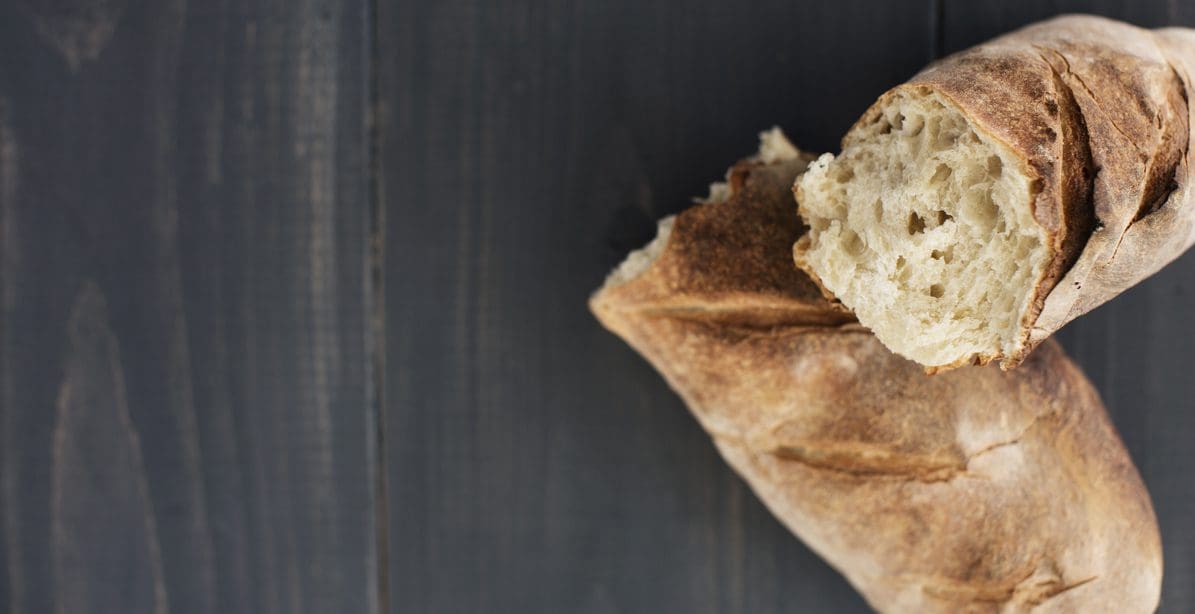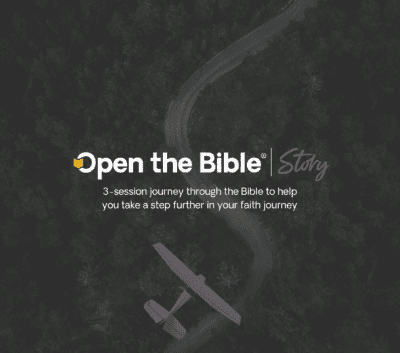About four years ago, I experienced my first full-blown panic attack. Those experiences accumulated, and I grew to have increasing difficulty with leaving my home. I remember willfully dumping myself into the passenger seat to be driven to my parents’ nearby home—only to feel an urgent pull two minutes later for the car to be turned around. I remember my husband and I taking our trotting dog for a walk, yards from our home, and I was unable to carry a simple conversation because of the mental pain. By God’s grace, I was directed to a health cause for this anxiety.
Yet, in my months without answers, I experienced the temptation to dwell exclusively upon the question, Will my life now always be like this? Yet, it was because I had peace with God through Christ that I did not despair—and I could see beyond it.
Hunger and Thirst in the Wilderness
David writes of his vision on God in Psalm 63. It is a Psalm from the wilderness—David describes his setting as a waterless, vapid, weary place.
O God, you are my God; earnestly I seek you;
my soul thirsts for you;
my flesh faints for you,
as in a dry and weary land where there is no water. (v. 1)
And Scripture speaks of different categories of wildernesses.
We can see John the Baptist in the wilderness before the beginning of his ministry of proclaiming the coming of Christ (Luke 1:80). He was in a place of knowing that God had issued a calling upon his life, while, for years, he was not at a time of fulfilling that calling—he was waiting.
A wilderness might also be a place of temptation where evil moves—consider Jesus being brought into the wilderness to be tempted by the devil (Matthew 4:1). Christ knows what it is to feel the pressures of being sinned against or to face relentless lies.
The Wilderness of the Soul
Scripture also speaks of another kind of wilderness; John the Baptist proclaimed it (Matthew 3:3), and this is when the Christian faith starts to get especially personal. Scripture says that without Christ, there is a wilderness within us. As our state without Christ is described further by John the Baptist, we see that it is the kind of wilderness we cannot pull ourselves from, and that time alone will not rectify.
Now, David, in his wilderness, said, I thirst, I hunger. And we might similarly say, My soul aches. Yet, David adds two sweet words—for you. In every kind of wilderness, he hungered for the Lord.
The first verse of the Psalm speaks to why he can say these things. First, he says, God; he confesses that God is God, whether or not he and those around him acknowledge it. God.
He goes on to say, You are my God. Now, that is an entirely separate statement—he wanted God to be God of his life and have that exclusive role. And because God was invited to be God of his life, he had formed this habit of praising God in his most barren times.
In fact, he says that doing so was his rich, hearty, meaty, satisfying meal.
The Everyday, Eternal Bread of Life
Jesus says he is the Bread of Life, and that in him, we will never hunger. As Jesus teaches this truth, the theme of wilderness continues. When the Israelites were in the wilderness, they received manna from heaven—yet, Jesus says, They died (John 6:49). Jesus is saying that the kind of food he comes to give us is in a completely different category.
He comes to us in our direst and deadliest of wildernesses—the one of our souls. He says his food fills us entirely with life even there. So, surely, he can fill us in every other kind of wilderness.
Strikingly here, Jesus speaks about eternal, spiritual, significant realities—life, the living Father, the resurrection, being alive forever—but in terms of the everyday, basic human reality of eating a piece of bread.
Jesus expresses what he is to us as the Son of God, telling us, Eat my flesh, drink my blood. This is what he invites us to do! How much more applicable to our everyday lives could this be?
Three Truths About Christ’s Meal to Nourish You
Here are three truths about Christ’s meal to nourish your soul today:
1. This is not a meal of ourselves.
This is a hopeful reality. If you feel, like I did with anxiety, that you are in a depleted, weary, empty, starving space, don’t despair. This is an honest human place to be. You weren’t made to be or produce your own food. Before God, we are like children—we receive the meal; we take and eat what is provided.
2. This is a resurrection meal.
Perhaps you have difficulty connecting with these truths because you cannot see them; they seem abstract. But Jesus says his food and drink are real because they will allow us to live on the last day. And on the last day, we will not need to wait longingly any more; there will be no more lies, temptations, or evil pressures or pain; and there will be no more sorrow of the sin of our souls. Our hearts will be completely clean and cleared—and we will be freed of the wilderness. The food Christ gives is real, for it is the food we need—and the only food we can possibly eat—to allow us to live on that last day, and live forever.
3. Christ is the food.
He did not send someone or something else; he came himself to be flesh—to sacrifice his body and pour out his blood to give us peace with God. This is God getting very personal with us.
With this kind of food in mind, read Psalm 63:3-7:
Because your steadfast love is better than life,
my lips will praise you.
So I will bless you as long as I live;
in your name I will lift up my hands.
My soul will be satisfied as with fat and rich food,
and my mouth will praise you with joyful lips,
when I remember you upon my bed,
and meditate on you in the watches of the night;
for you have been my help,
and in the shadow of your wings I will sing for joy.
This is a Christian meal for us today: the daily bread of the surpassing truths of Christ—which is just as personal a help to us as Christ intended—and the rich, satisfying meal of harvesting those truths in our souls to praise him in the wilderness.



